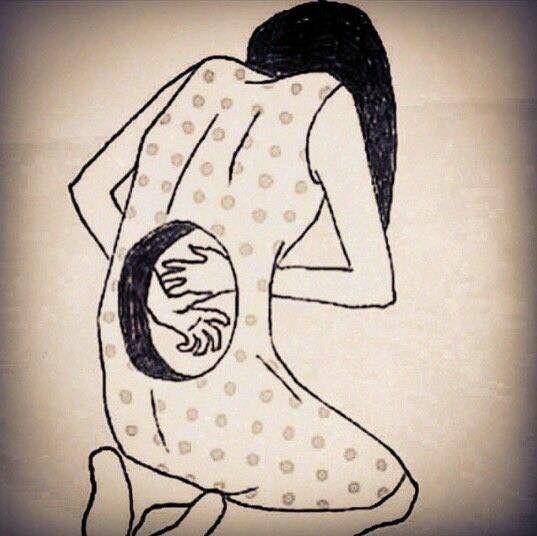This week is ‘Baby Loss Awareness Week’ and I thought it important to broach this topic within midwifery. As midwives, we can care for women who experience the death of their baby and within my practice I offer advice and counselling support to women who have suffered a miscarriage, stillbirth or neonatal death. The silent heartache of never meeting your baby can be haunting for women for months and years, whether they lost their baby at 6 weeks or at term. Many women who have either become pregnant or suffered the loss of their child will have heard or been told at least one of the statistics below:
- 1:4 pregnancies will end in miscarriage – Miscarriage Association, Charity
- Around 1 in every 227 births ends in a stillbirth in the UK- Tommy’s, Charity
- The neonatal mortality (death from birth until 28 days) remains relatively low at 3.7 per 100,000 births – Office for National Statistics.
But what people forget when talking about loss of a baby, is that when a woman takes a pregnancy test and the result is positive (whether planned or not) your whole life shifts to another trajectory and all of the statistics in world become meaningless. Your journey into parenthood starts at that very moment, not when you have your scan, or holding your baby in your arms. From that moment of seeing that positive test you begin to re-evaluate how you are going to manage this; work, planned holidays, when you are due, you can’t drink at that party next week, can’t order your favourite goats cheese salad for lunch. You have become a mother from that moment.
To experience bleeding in early pregnancy is terrifying; to have a scan and be told there is no heartbeat; to go into hospital just because your baby has been a ‘little quiet’ in the day and not to hear the galloping heartbeat on your tummy or to be told that your baby you have held in your arms for a moment is being rushed off to the neonatal unit and has hours to live. ALL these events have one thing in common, they will rip your heart out from your chest in an instant. Whatever stage of a pregnancy a woman loses a child that loss is real and devastating.
You can’t just ‘get over and move on’, ‘don’t worry you can try again’ doesn’t help. These placations are not only insensitive but rids the woman of her grieving for the child she lost.
Women who suffer a miscarriage often feel that they must suffer silently in their grief outside the confines of their family. They may take a few days off work and then have to return feigning a brief illness. This almost ‘shamed’ grief around miscarriage is very hard to manage and can make the process longer and more painful. The loss of motherhood should be recognised for women who have suffered a miscarriage.
Recognising the loss of a baby is essential for women to hear, especially when suffering the loss in the later stages of pregnancy or after birth. Asking about their child, simple questions about what they named them and allowing them to grieve is part of the healing process.
So lets stand together and support and recognise the women and families that have lost their children, whatever gestation , and allow them to speak openly about this area of motherhood.
